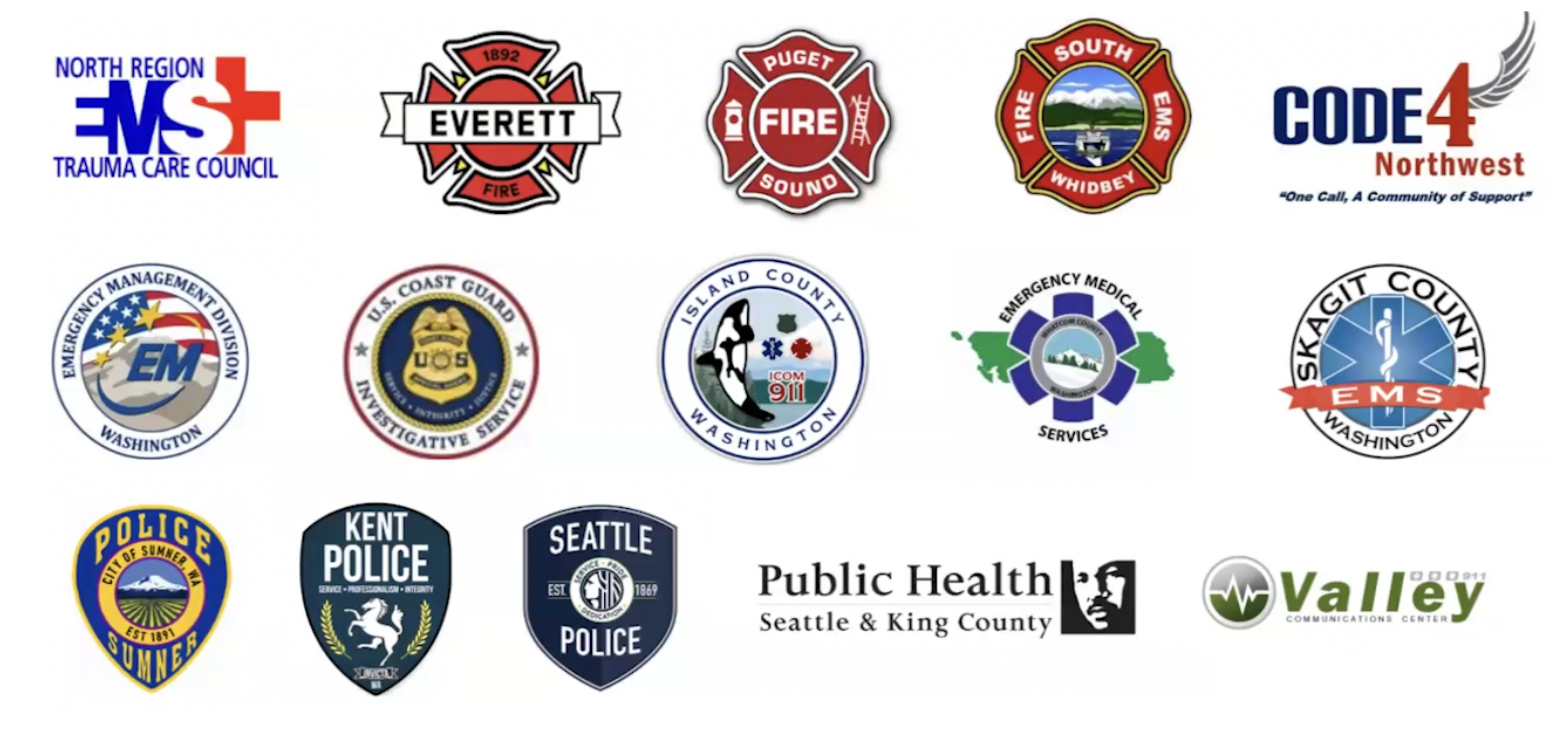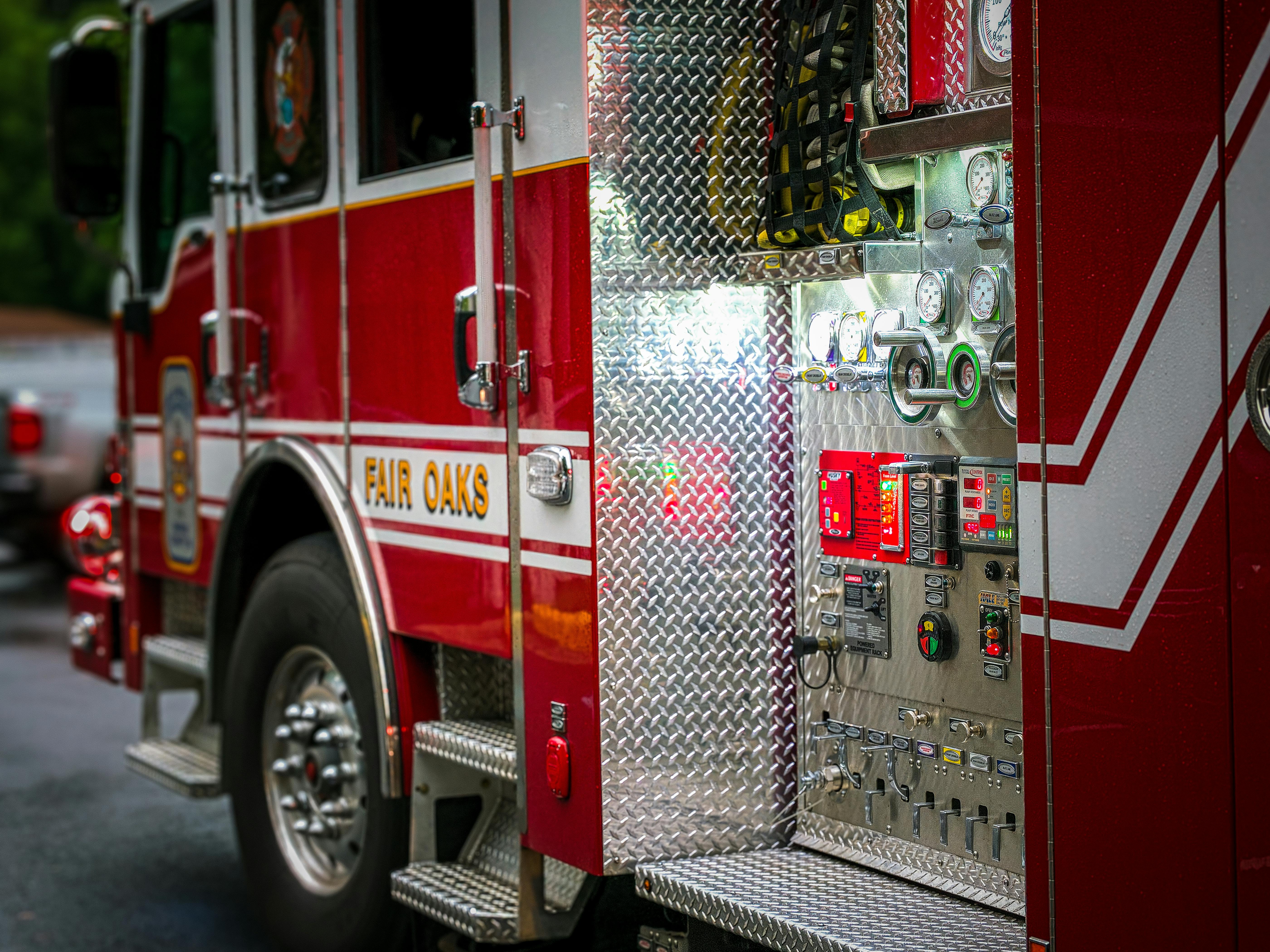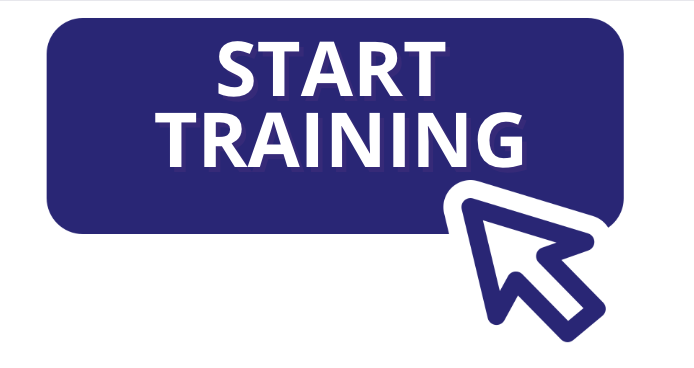This course explores suicide prevention strategies to support first responders. This course will take approximately one hour to complete.
- A self-paced online training module – LEARN Saves Lives: Suicide Prevention for First Responders
- Free and open to everyone
- Appropriate for first responders and other professionals working in a first responder field
LEARN SPECIFIC FIRST RESPONDER SKILLS FOR SUICIDE PREVENTION:
- Learn about unique challenges and risk factors first responders face.
- Explore the public health issue of suicide and why people may consider dying by suicide.
- Understand the importance of conversations about wellness and suicidality in reducing stigma and increasing connection.
- Learn about reducing the danger of lethal means use.
- Identify available resources for first responders and recommend appropriate resources for a wide variety of scenarios.
If you are unable to register, please email ffront@uw.edu
Suicide in First Responders is a Crisis
Suicide ranks as a leading cause of death in Washington State and the United States. Compared to the general population, first responders are more likely to die by suicide. They are also at greater risk of experiencing vicarious trauma, anxiety, depression, PTSD, and suicidal thoughts. To address this problem, Forefront Suicide Prevention has collaborated with first responder organizations across the Puget Sound region to produce a suicide prevention training that will improve the safety and wellbeing of first responders.
Special thanks to our partners who helped make this training

References
1. Stanley IH, Hom MA, Hagan CR, Joiner TE. Career Prevalence and Correlates of Suicidal Thoughts and Behaviors among Firefighters. Journal of Affective Disorders. 2015;187:163-171. https://doi.org/10.1016/j.jad.2015.08.007.
2. Cerel J, Jones B, Brown M, Weisenhorn DA, Patel K. Suicide Exposure in Law Enforcement Officers. Suicide and Life-Threatening Behavior. 2019;49(5):1281-1289. DOI: 10.1111/sltb.12516.

